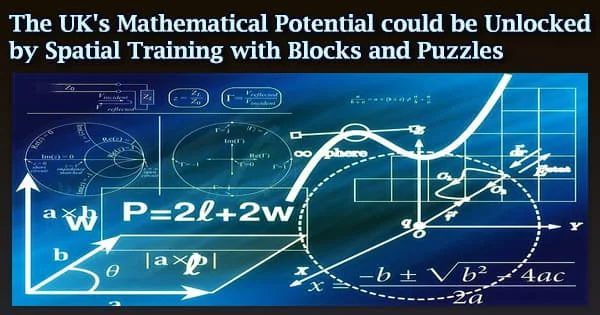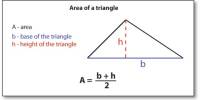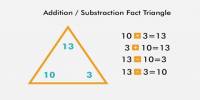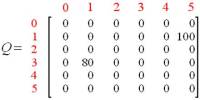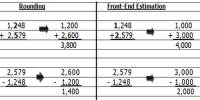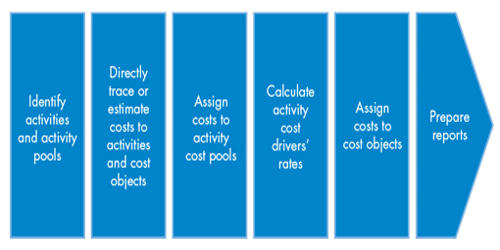The mathematical potential may be unlocked through spatial training using blocks and puzzles. According to recent research from the University of Surrey, a continuous emphasis on spatial reasoning training may aid children’s learning of science, technology, engineering, and mathematics.
According to the Surrey study, teaching spatial abilities, especially with the use of blocks, puzzles, and other physical manipulatives is a highly effective way to boost arithmetic ability. The team also discovered that training in person was much more successful than training virtually.
Dr. Katie Lee-Gilligan, co-author of the study and Lecturer in Developmental Psychology at the University of Surrey, said:
“Our research confirms that when children learn the relationship between space and shapes through tangible physical tools such as puzzles, their mathematics performance improves. This is critical information for us all, particularly parents, teachers, and decision-makers, at a time when the UK is lagging behind its international competitors when it comes to STEM skills.”
The worst way to learn arithmetic, according to experts, is to memorize formulas and concepts without appropriately applying them to solve problems. How well young children think spatially is a good indicator of how they will do in mathematics later in life.
Previous studies have demonstrated that spatial reasoning is essential for daily life, such as getting to work, filling the dishwasher, and putting on your shoes. Spatial reasoning is described as a person’s capacity to think about forms and space in two and three dimensions.
Careers in the natural sciences, as well as in technology and engineering, are made possible by strong math skills. The researchers found a connection between young children’s spatial awareness at age three and their primary school math skills.
Our research confirms that when children learn the relationship between space and shapes through tangible physical tools such as puzzles, their mathematics performance improves. This is critical information for us all, particularly parents, teachers, and decision-makers, at a time when the UK is lagging behind its international competitors when it comes to STEM skills.
Dr. Katie Lee-Gilligan
The study, which was carried out in collaboration with the Universities of Toronto and Maryland, also emphasizes the significance of not only teaching spatial reasoning to young children as they discovered evidence of mathematical advancements in older groups past the age of seven.
Dr. Zack Hawes, co-author of the study and Assistant Professor at the University of Toronto, commented:
“Despite these and other findings that demonstrate the fundamental importance of spatial thinking for STEM learning and performance, spatial thinking remains a neglected aspect of educational practice and policy. We hope the current findings inspire new research, professional practice, and insights into the ways in which spatial thinking may be used to make learning more engaging, accessible, and equitable.”
The study, which was presented at the American Psychological Association, examines the effects of spatial reasoning training on 3,700 participants’ mathematics skills. Participants ranged in age from three to twenty.
The Institute of Engineering and Technology estimated a shortage of approximately 173,000 people in the fields of science, technology, engineering, and mathematics in a 2021 open letter to the UK government, with an average of 10 available positions per company in the country.
The letter, which was signed by 150 of the best-known companies in the UK, warned that failing to close the skills gap would cost the economy £1.5 billion annually. According to this study, developing spatial skills might represent a fresh, unexplored method of enhancing STEM abilities.
